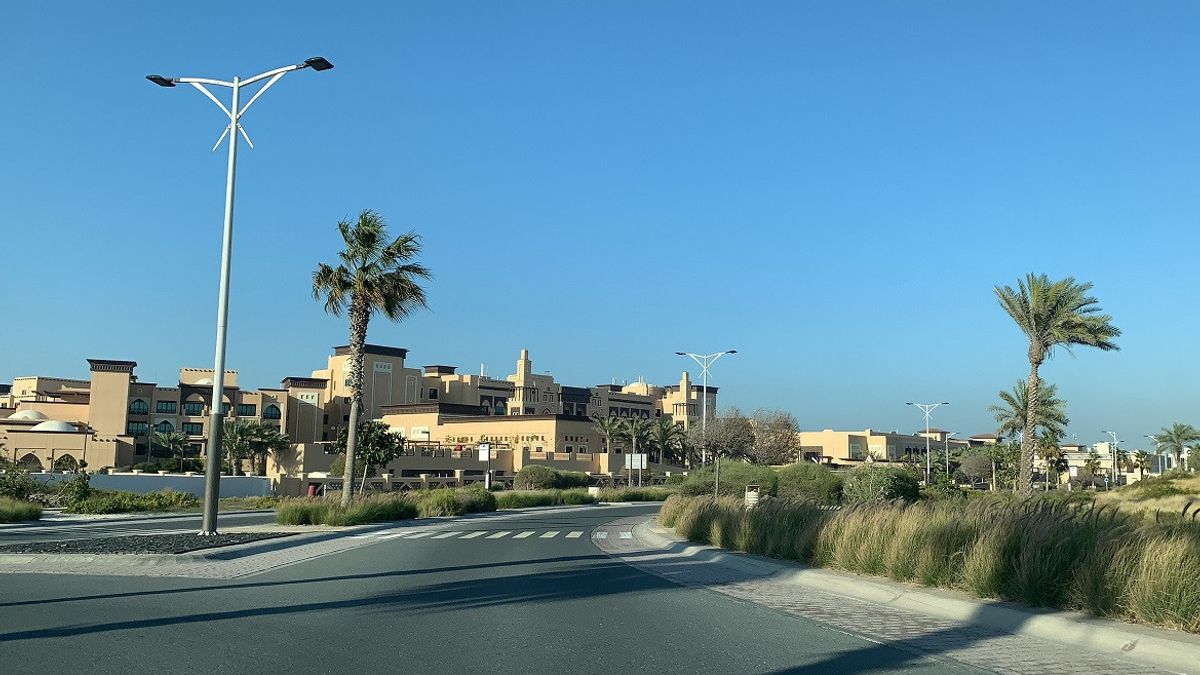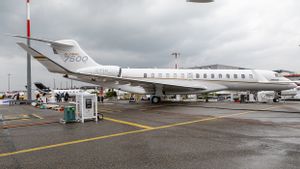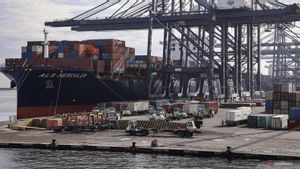JAKARTA - With extreme temperatures reaching more than 40 degrees Celsius, the authorities of the United Arab Emirates (UAE) are using drone technology to increase rainfall.
Abu Dhabi and Al Ain were among the cities that were drenched after the National Center of Meteorology (NCM) implemented cloud seeding technology. Drones fly into the clouds and release an electric charge, which helps water droplets join together and form precipitation.
The United Arab Emirates itself typically has less than 100 mm of rainfall a year, a far cry, for example, when compared to the UK average of 1300 mm a year.
NCM has performed 126 cloud seeding flights since early 2021, according to Gulf Today. This includes 14 flights since Tuesday 20 July, with flights of two to three hours operating in most parts of the country.
The organization has partly attributed the increase in the rain to its cloud seeding efforts, citing Sky News Thursday, July 22.
Another technique used to stimulate rainfall in the country is to drop salt or other chemicals into the clouds, which are designed to accelerate the growth of water droplets.

Several studies have shown cloud seeding can increase rainfall by up to 35 percent, although there are also those who oppose and dispute the effectiveness of this method.
In addition to the UAE, a number of countries in the world are also testing this rain-making technology. China and India are two of the few countries that are trying out this technology.
Professor Giles Harrison of the University of Reading, UK, who is working on the research, said the method was intended to bring the thought of blue skies to clouds and rain.
"Our project is about changing the charge balance in the smallest cloud droplets, an overlooked aspect of clouds that could revolutionize our ability to manipulate rainfall in the areas where it is most needed".
SEE ALSO:
"Water scarcity is one of the biggest problems facing humanity, and climate change is providing more uncertainty around rainfall", said Dr. Keri Nicoll, another academic who conducted the preliminary tests in Bath.
He added that initiatives to increase rainfall are especially important in parts of the world that are 'really struggling to get water'.
صور الرادار ثلاثية الأبعاد لحركة تكون السحب#أمطار #أمطار_الخير #استمطار #تلقيح_السحب #المركز_الوطني_للأرصاد
3D Radar images of cloud formation over the area#rain #cloudseeding #national_Center_of_Meteorology pic.twitter.com/TuPBK9kU3g
— المركز الوطني للأرصاد (@NCMS_media) July 21, 2021
The English, Chinese, Japanese, Arabic, and French versions are automatically generated by the AI. So there may still be inaccuracies in translating, please always see Indonesian as our main language. (system supported by DigitalSiber.id)















